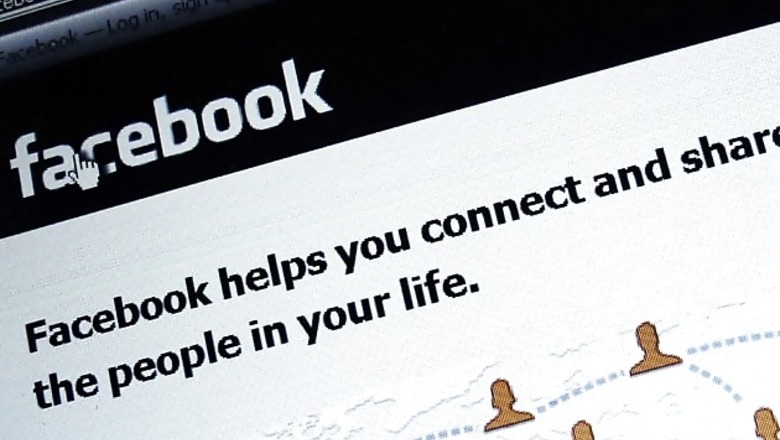
views
Beijing: Further tightening its control over Internet use, China has barred use of nicknames like 'Obama' and 'Putin' in cyberspace and put in place processes to filter out "malicious" and "pornographic" content.
Fake and parody accounts pretending to be government organisations, celebrities and officials are banned, the Cyberspace Administration of China (CAC) said, as are nicknames that appear to advertise cults or pornography, or that damage state security.
CAC further said that the new restrictions were aimed at users, who took inappropriate online names such as Putin and Obama, promoted "vulgar culture," and committed fraud by pretending to be Communist Party officials.
The new rules also require users of blogs and chat rooms to register their names with operators and promise in writing to avoid challenging the Communist political system.
"The rules require netizens to use registered account names on virtually all platforms, including blogs, social networking tools and messaging applications," Xu Feng, director of the administration's mobile network management bureau was quoted as saying by the state-run China Daily.
Notably, the announcement comes on a day when the US has blamed China of undermining open internet and expressed concern over the increasing curbs put on American companies in the Communist nation.
China has the world's biggest population of Internet users with 649 million people online, most of them operating through the mobile phones.
The authorities have also promised to set up a complaint mechanism, giving users a chance to reapply for their accounts if they were shut down.
The rules will take effect on March 1 and they applies to chat rooms, blogs, instant messaging services and all other Internet services.
The regulation stipulates that avatars and account handles should not include information that violates the Constitution or China's laws, subverts state power, undermines national security and sovereignty, or is deemed rumour mongering.
It came after a series of cases in which accounts were fraudulently posed as those of celebrities and foreign leaders, while others were posed as the accounts of official media or institutions and publicized false information, state-run Xinhua news agency said.
Last month, the CAC shut down 133 accounts on popular instant messaging app WeChat for publishing illegal content that "disobeyed socialist core values" and "severely disturbed the online order".




















Comments
0 comment